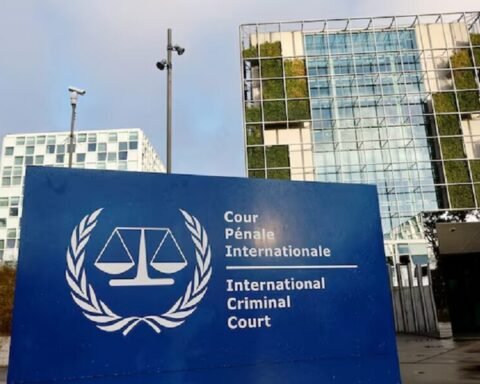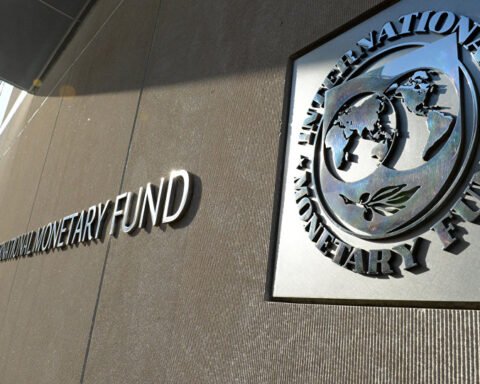The European Union has officially opened an investigation into Elon Musk’s social media platform, X (formerly known as Twitter), over possible violations of the bloc’s Digital Services Act (DSA).
This marks the first major case under the new law, setting the stage for what could become a precedent-setting legal battle between European regulators and one of the world’s most influential tech billionaires.
The probe, announced this week by the European Commission, centers around concerns that X has repeatedly failed to comply with rules designed to limit the spread of disinformation, ensure user safety, and increase transparency in online advertising. At the heart of the case is the EU’s belief that X has not done enough to prevent the circulation of harmful and misleading content—especially in sensitive contexts like elections, public health crises, and geopolitical conflicts.
The platform, which Musk acquired in 2022, has come under increasing scrutiny since he rolled back many of the moderation policies previously in place. Critics have warned that these changes created fertile ground for misinformation to spread unchecked, a concern echoed by EU officials.
“The Digital Services Act is not just a framework—it’s a commitment to safer, more transparent online spaces for everyone,” said Thierry Breton, the European Commissioner for Internal Market. “We are taking these concerns very seriously, especially when it comes to platforms with broad influence.”
According to regulators, X has already received several formal notices urging it to tighten its content controls and improve its cooperation with independent fact-checkers. Despite these warnings, EU officials argue that the platform’s responses have been insufficient.
If the European Commission determines that X has indeed violated the DSA, the company could face a fine of up to 6% of its global annual revenue. For a platform of X’s size, that could translate into a fine exceeding $1 billion—making it one of the largest penalties ever levied against a tech company under European law.
Also Read; U.S. Announces Major Tariffs,
Excludes Russia from List
Musk, who has often spoken out in favor of what he calls “absolute free speech,” has previously dismissed the EU’s regulations as heavy-handed. However, legal experts say the Commission’s actions show that freedom of speech will not be used as a shield for the unchecked spread of harmful information.
As of now, X has not issued a formal public response to the investigation, though sources suggest the company may challenge any decision it sees as unjust. The final outcome could take months, or even years, to unfold—but one thing is clear: this case could shape the future of digital accountability across Europe.







